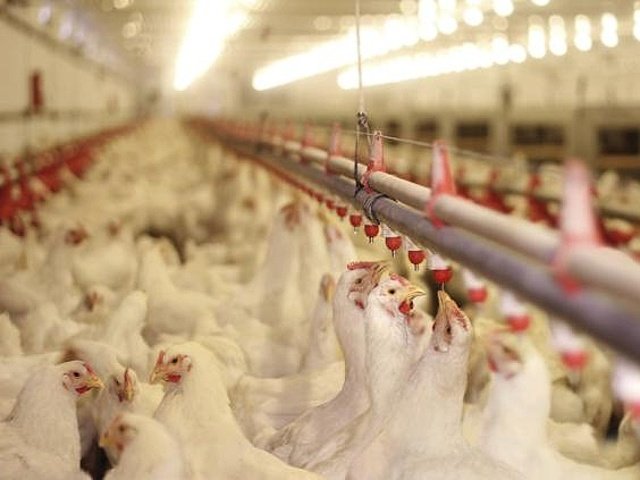Poland signs poultry deal with SA
Updated | By ANA
The Polish government has negotiated a health certificate with the South African government, paving the way for the eastern European country to export poultry to South Africa.

Poland’s deputy main animal health inspector Krzysztof Jazdzewski concluded the deal with his South African counterparts in
Pretoria this week, said Andrzej Krezel, head of Poland’s trade and investment promotion section in Johannesburg.
Jazdzewski was visiting South Africa as part of a delegation headed by Poland’s deputy minister of agriculture and rural development Jacek Bogucki, to promote agricultural commerce between the two countries.
Krezel said the veterinarian officials from South Africa had concluded there was no threat of Poland’s poultry imports bringing in any diseases.
Bogucki said the next steps before Polish poultry imports arrived would be the negotiation of quotas, customs duties, tariffs, and business contracts between the two sides.
He said Poland was also trying to negotiate a health certificate to allow Polish pork into South Africa.
Bogucki said Poland was the largest producer of poultry meat in Europe.
“The quality is the same if not better than competing products, at a lower price.”
The removal of health barriers to imported Polish poultry comes shortly after the US managed to negotiate the entry of its poultry into South Africa after years of protracted negotiations. The last obstacle was also a health barrier, over South African concerns that US poultry would introduce avian flu.
On Wednesday the SA Poultry Association (Sapa), which represents local producers, briefed the media about “the massive scale of the negative impact of poultry imports on the overall health of the South African economy – the trade deficit, the Rand exchange rate, unemployment and enterprise development”.
In an article in Business Day last week, Sapa CEO Kevin Lovell said the high volume of poultry imports was forcing South African producers out of business and destroying local jobs.
Bogucki and his delegation also participated in the continent’s biggest food and beverage expo, Africa’s Big 7, which was held in Johannesburg this week.
“South Africa is our biggest trade partner by far in Africa, with the bi-lateral agricultural sector worth 100 million euros ($112m) and total trade between the two countries worth in excess of US$900m,” he said.
The Polish exhibitors included Obst, the country’s biggest breakfast cereal manufacturer, and Sante, a producer of health foods, which are trying to break into the southern African market.
Asked how Poland expected to break into an agricultural market already well supplied by local producers, Bogucki said it would do it mainly by selling products which SA did not produce, such as fruits that don’t grow in South Africa. There was also scope for an exchange of trade with South African producers of fruits that didn’t grow in Poland, he said.
Poland was also looking to export vegetables and cereals and had already sold a significant quantity of wheat to South Africa last year.
“It transpires from that transaction that we have very competitive prices and high quality standards,” he said.
Poland also offered agriculture machinery such as tractors, know-how and was exploring research and scientific exchanges and vocational training with South Africa.
South Africa’s minister of rural development and land reform Gugili Nkwinti said at a reception at the Polish embassy that Poland offered great opportunities in helping to industrialise South African agriculture.
Bogucki would be visiting two agriparks in Gauteng to see what Poland could offer, he said.
Nkwinti added that he himself had taken 14 emerging farmers with him to Poland last year to learn from smallholder farmers there. He said he was currently arbitrating a dispute between Mpumalanga smallholder farmers and a community which wanted to build a town on their land.
“I said to them it’s not necessary. There’s no conflict here.”
He wanted to take both sides of the dispute to Poland to show them that town and farmland could “beautifully” integrate.
Bogucki agreed, saying Poland was banking its agricultural future on smallholder farms owned and run by families.
“The objective being that an agricultural holding would not have any external hired workers but would be worked by members of the family .”
In Poland, rural towns provided services to farmers and provided a market for their produce.
Show's Stories
-
Model Marciel Hopkins wys haar eersteling
Die voormalige 'Boer Soek 'n Vrou'-aanbieder en haar aantreklike man, Ha...
The Drive with Rob & Roz 1 day, 10 hours ago -
WATCH: SA reacts to TikToker's new spin on a classic SA dish
If you are bored of eating normal pap, here is a new recipe for you to try.
The Drive with Rob & Roz 1 day, 11 hours ago